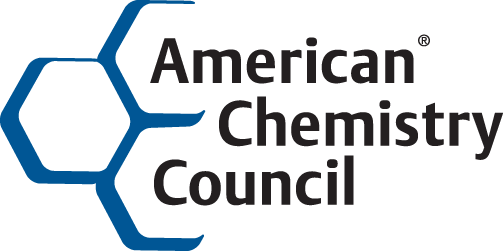
LEED Pilot Credit #103: Integrative Analysis of Building Materials
- Registration Closed
This course has been discontinued and is no longer open to new registrations. If you previously registered you still have access to the content for review.
Improve your specification process with this simple framework that integrates a product’s health, environmental, and safety risk information across all five life-cycle phases.
In the materials selection process, design professionals seek to balance numerous product performance attributes, including durability, health, safety, and environmental impacts. Transparency and life-cycle thinking are central to a robust process that enables designers to choose the most appropriate materials for their projects.
Learn how this USGBC LEED pilot credit, Integrative Analysis of Building Materials, evaluates products using available life-cycle information, identifying those having positive environmental, health, and safety impacts. The credit informs project team decisions by providing access to information shared by building materials manufacturers on their product’s life-cycle impacts.
Content Provider

What You Will Learn
- Discuss the role of chemistry in material specification and building construction.
- Explain how the LEED Integrative Analysis pilot credit can help project teams specify products and materials based on life-cycle impacts.
- Examine the requirements of the LEED pilot credit.
- Identify the information required to complete a Building Materials Matrix.
Continuing Education Approvals
- 1 IDCEC CEU CC-113648 (Your CEU will be reported to IDCEC on your behalf by the Content Provider.)
- 1 AIA LU | HSW ACC-302 (AIA Members: Please contact education@asid.org to have your completion reported by the Content Provider)

Jack Armstrong
President, Acumen, LLC
Jack Armstrong is president of Acumen, LLC, a boutique sustainable marketing, education, and business-communication consulting practice. Armstrong founded Acumen in 2013 after his 24-year chemical-engineering career in construction industry ingredient manufacturing in Europe, North America, and South America. Key focus areas include occupant health, comfort, and energy efficiency/durability for sustainable construction, in addition to B2B supply-chain, life-cycle-analysis, and educational messaging along the entire value chain. Armstrong serves on the boards of the Energy and Environmental Building Alliance and Team Zero (formerly the Net Zero Energy Coalition). Additionally, he was a member of the United Nations Environmental Program’s Sustainable Building Climate Initiative Materials Advisory Committee.
